PRIME MINISTER Keir Starmer has said Britain is and always will be a 'multicultural, diverse country', as concerns grow over a rising tide of racism and simmering communal tensions.
In an exclusive interview with Eastern Eye, the only print media granted access to the Chequers summit last Thursday (24), the prime minister struck a reassuring tone aimed at ethnic minorities and wealthy entrepreneurs leaving the UK.
Speaking shortly after the historic signing of the India–UK free trade agreement, Starmer told Eastern Eye, “Britain is, and always will be, a multicultural, diverse country. That’s not just a slogan - it’s our history and our strength. We’ve always benefitted from the talent, resilience, and enterprise of people who came here and built their futures, and our country, alongside us.”
His comments come in the wake of growing tensions across the UK, with local communities and rights groups warning of increased hostility towards migrants and ethnic minorities. Protests outside temporary housing for asylum seekers in places like Southport and Epping have drawn national attention and prompted concerns of a broader societal shift.
During the interview with Eastern Eye, the Prime Minister acknowledged these anxieties. “We need to call this out, especially those of us in public life,” Starmer said. “When people start to question the place of communities who’ve been part of this country for generations, we all have a responsibility to speak up - because it’s not just about protecting people, it’s about protecting what Britain is.”
Starmer also acknowledged that while trade diplomacy is vital, social cohesion cannot be taken for granted.
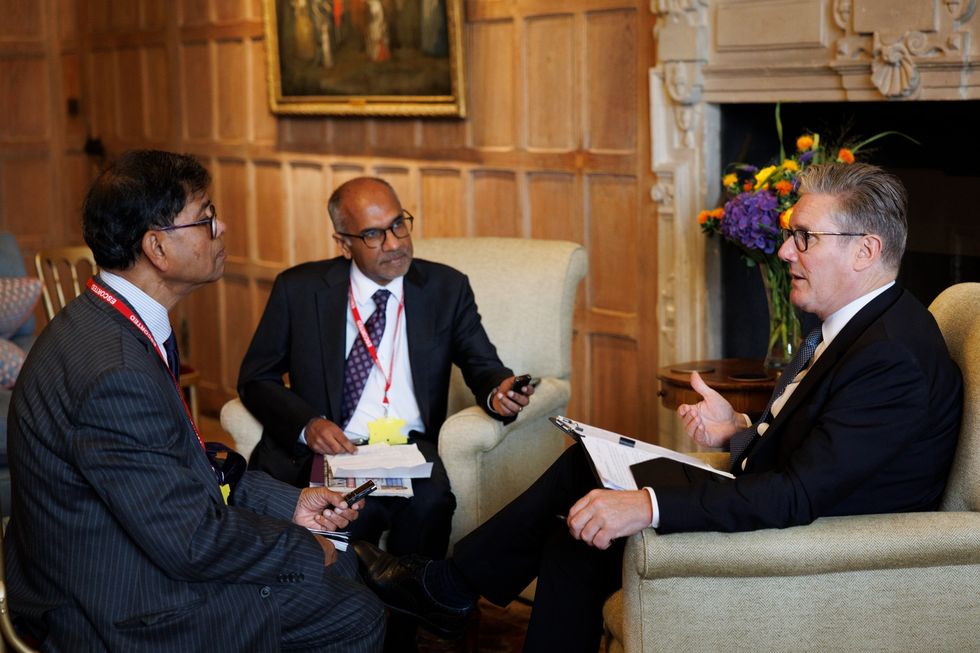
He said, “We can’t just focus on economic levers and ignore what’s happening in our streets. When people are being abused because of their background, or businesses feel they’re better off elsewhere, we must ask ourselves - what kind of Britain are we building?”
He said his government would not shy away from difficult conversations on immigration, integration, and identity. “We must always welcome talent and contribution from around the world. That’s not at odds with saying we need fair and proper immigration controls. The two go hand in hand.”
Starmer also hinted at further engagement with ethnic minority business leaders, saying he plans to host a roundtable at Downing Street later this year. “We want to hear directly from those at the coalface — from start-ups to large family-run firms — and make sure we’re building an economy that works for everyone.”
He added: “Britain’s success story is deeply tied to its diversity. If we ever forget that we risk losing not just talent, but our moral compass. We must remain a country where people from every background feel they belong — not despite their identity, but because of it.”
There is also growing disquiet over the departure of prominent British Asian entrepreneurs from the UK. Several high-net-worth individuals who once featured in the Asian Rich List, published annually by Eastern Eye, are reported to have shifted their operations — and in some cases, their residences - to jurisdictions like Dubai and Singapore.
Reasons cited include increasingly complex visa regimes for business families, concerns over taxation, and uncertainty surrounding post-Brexit economic stability.
Starmer did not deny the trend, but said he was determined to reverse it.
“I want Britain to be a magnet for global talent and innovation. That includes those who create jobs, invest in communities, and give back through philanthropy. If people are leaving, we need to listen - and act where needed. My message to entrepreneurs is simple: Britain values you, and we want you to stay,” he told business leaders who have expressed unease about the changing social and economic climate in Britain.
Starmer confirmed that a review of the inheritance tax regime and non-dom tax status is underway. “Any modern tax system must be fair, transparent and globally competitive,” the British leader said. “But fairness doesn’t mean we penalise success - it means we make sure the rewards of that success are felt across society.”
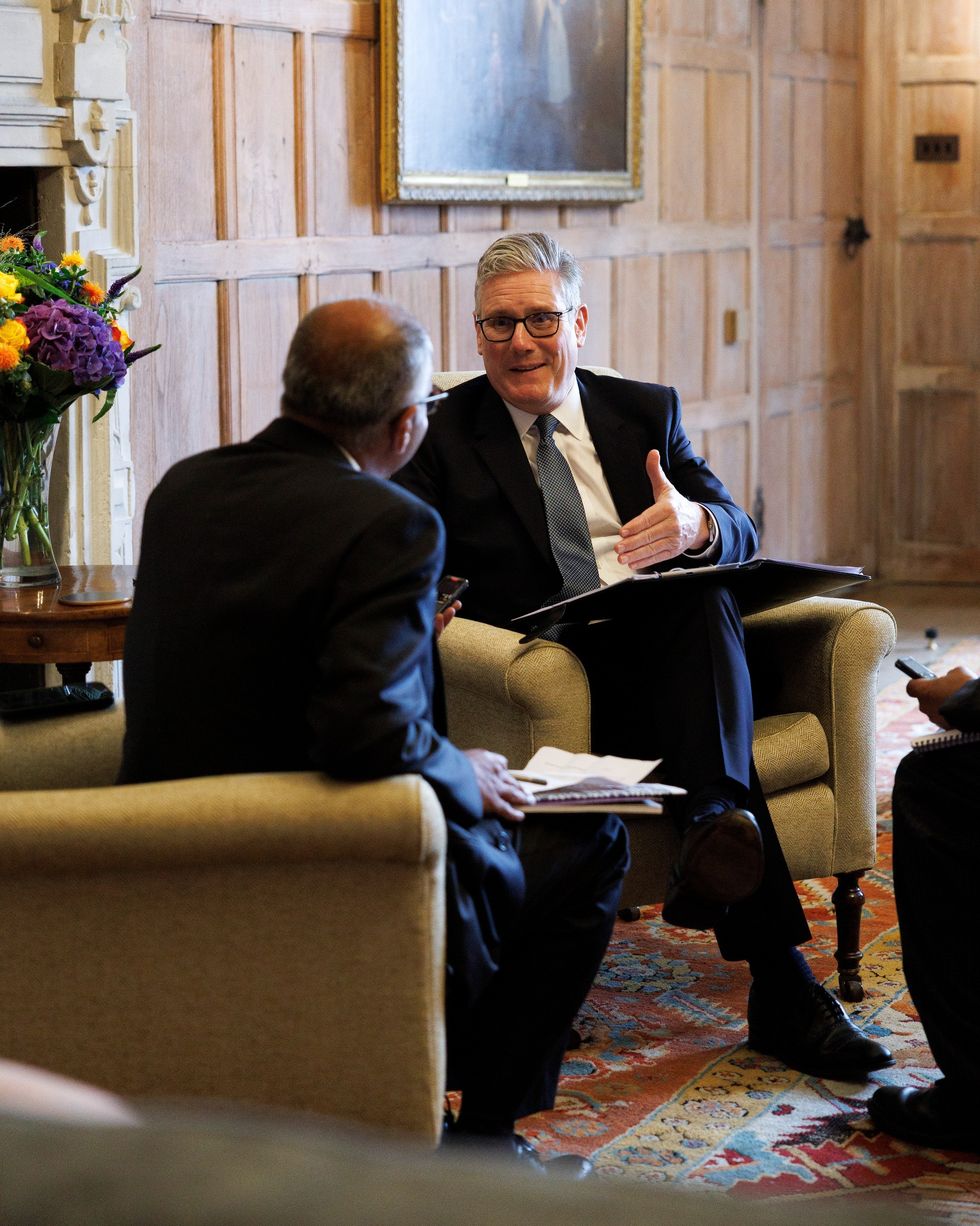
When asked about his seemingly strong rapport with India’s prime minister Narendra Modi, Starmer said the success of their relationship reflected his approach to diplomacy — one that is “serious, pragmatic, respectful, and focused on our national interest as the United Kingdom.”
He stressed that this method avoids performative politics and the habit of “rushing to the media every five minutes to complain about our allies,” opting instead for calm engagement with global leaders. “That is a far better way of doing diplomacy than the rather noisy way in which some of my predecessors – frankly – failed in diplomacy,” he said.
Citing the conclusion of the UK-India trade deal as an example, Starmer pointed out that successive governments and prime ministers had spent years trying to secure the agreement. “By approaching it in a calm, serious, respectful way, we've managed to get that deal,” he said. He added that the deal came about because both countries could see the mutual advantage at this moment, and that the groundwork was laid through careful diplomacy.
He stressed that the India deal was not an isolated success. “The same with the US,” he noted, adding that previous attempts to secure a trade deal with America had also failed under his predecessors. “And of course, in the best part of ten years, we haven't got as close in the relationship with the EU as we did in the recent EU–UK Summit.”
When asked directly about his personal relationship with Modi, Starmer replied, “Yes, very good. We get along very well. We've met each other several times, we've spoken a few times, and I think - and hope - you can see there is a mutual respect and warmth between us.”
He shared that the two leaders had initially scheduled a short one-to-one meeting during the official visit but ended up doubling the time spent talking privately.









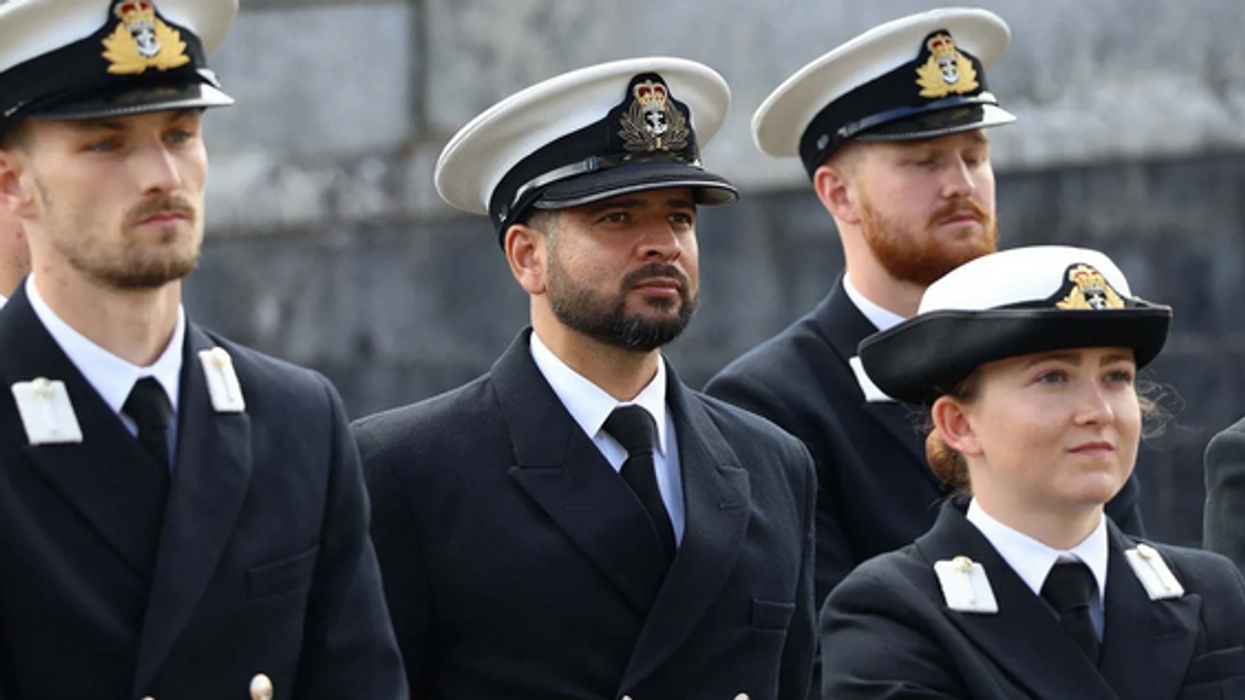
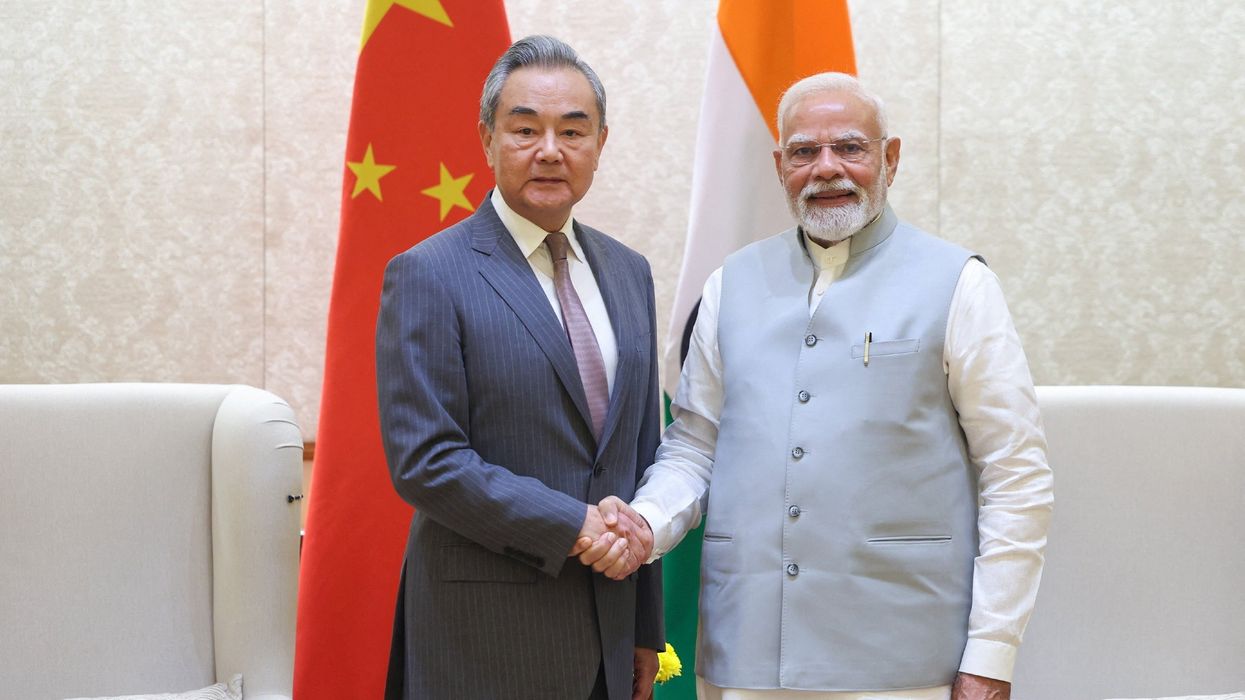






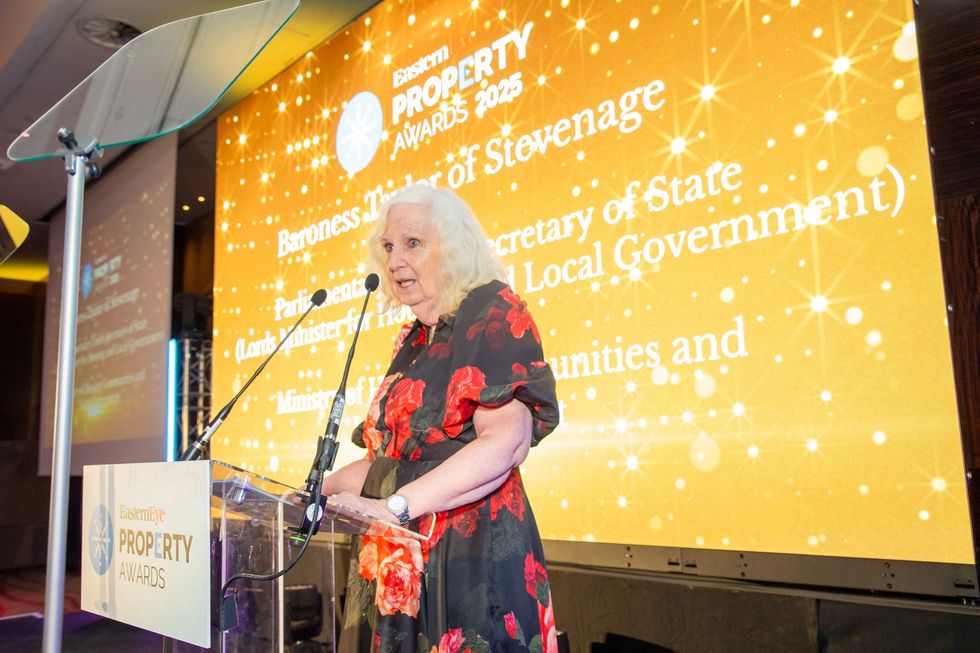 Baroness Sharon Taylor speaks during the event
Baroness Sharon Taylor speaks during the event
